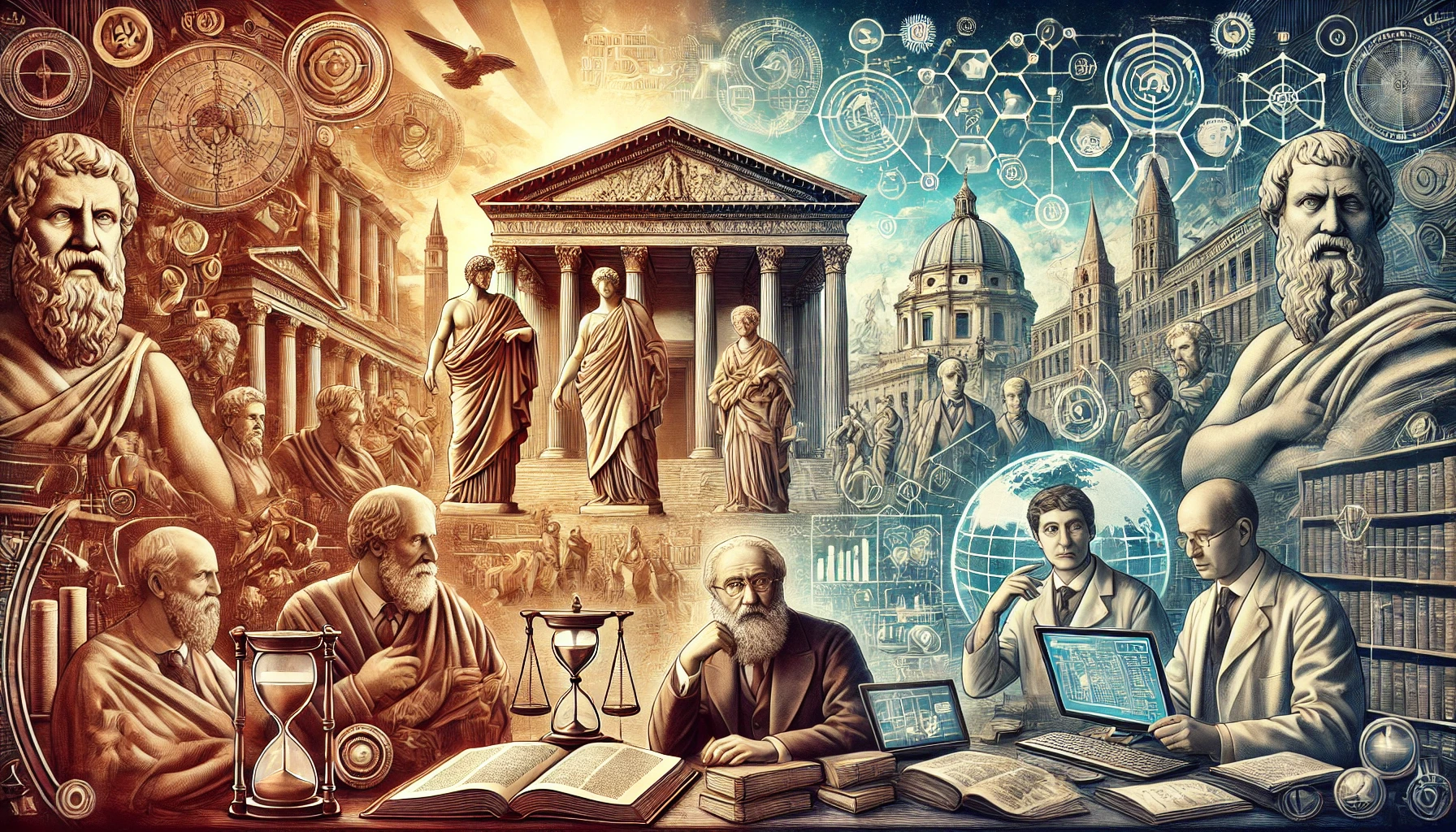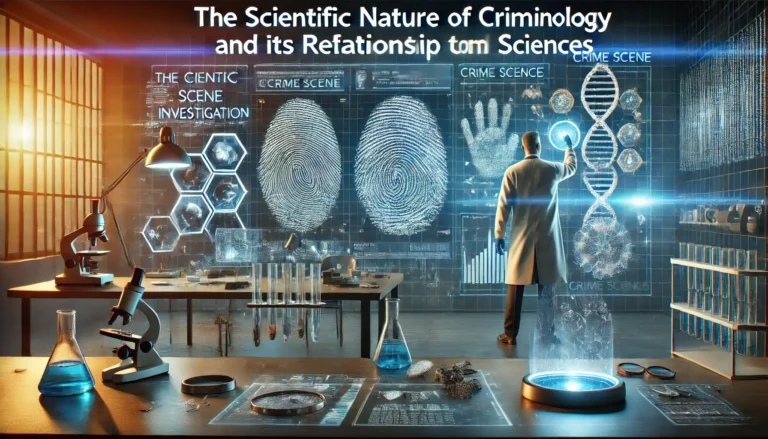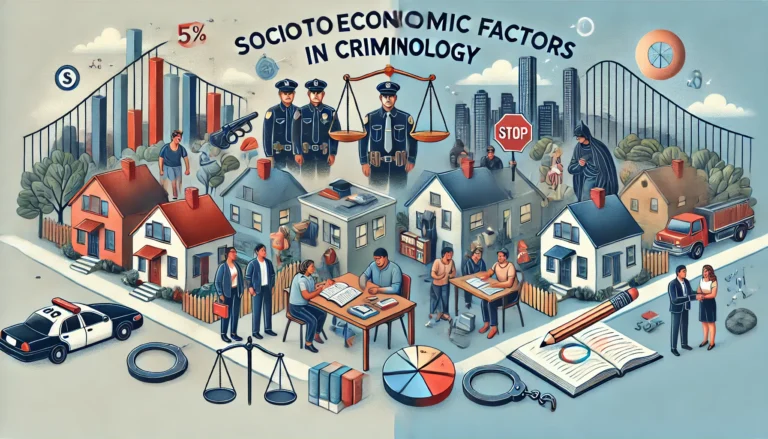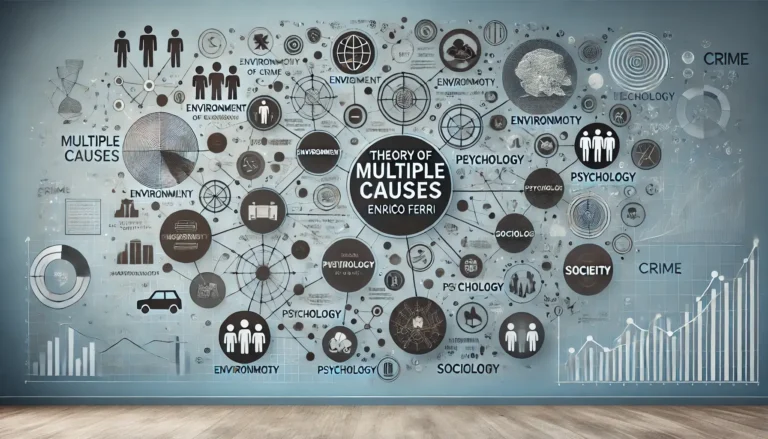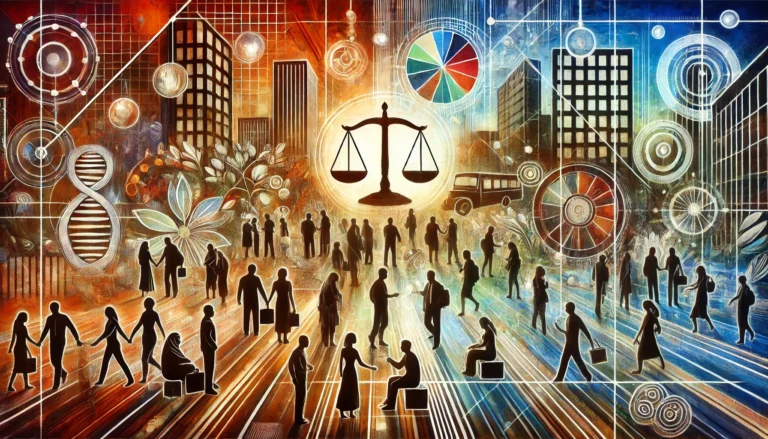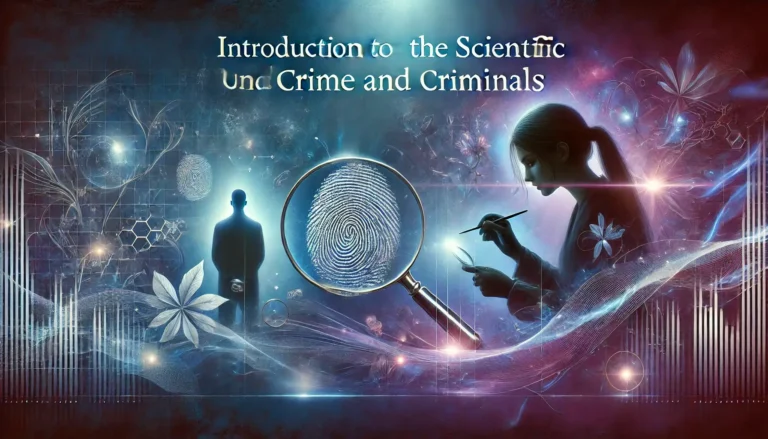History of criminology : The historical journey of criminology
Introduction : History of criminology
Criminology is a multidisciplinary field that seeks to study crime, its causes, and effective methods of prevention. As a science, it focuses on understanding criminal behavior in social, psychological, and legal contexts, making it a crucial tool for researchers and policymakers.
The historical journey of criminology reflects the evolution of human thought regarding crime and punishment, transitioning from religious and moral interpretations in ancient times to scientific approaches rooted in research and analysis. This article aims to highlight the key transformations that this discipline has undergone, from its inception to the present day, while mentioning the most prominent thinkers who contributed to its development.
To address this topic, the article will explore three main stages: the historical roots of criminology, its scientific development in the 19th and 20th centuries, and its status in the modern era.
Section One: The Historical Roots of Criminology
Philosophical and Social Foundations
In ancient times, crime was often interpreted through religious beliefs and cultural traditions. It was considered an act that opposed divine will or violated sacred natural laws. For example:
- Plato: He viewed crime as a result of the soul failing to achieve harmony with virtue and advocated for laws as expressions of ideal justice.
- Aristotle: He focused on the social aspect of crime, believing it stemmed from the lack of balance between individual desires and the common good.
The Middle Ages
During this period, the Church dominated interpretations of criminal behavior. Crime was seen as sin, and punishments aimed to achieve repentance.
- Crime was framed within a religious context, with penalties such as imprisonment, exile, or execution aimed at purifying the soul.
- Texts like Canon Law reflected this philosophy.
The Enlightenment as a Turning Point
With the Enlightenment, European thought began to reconsider crime interpretations.
- Montesquieu: In The Spirit of the Laws, he emphasized the importance of fair legal systems and the separation of powers to prevent tyranny.
- Jean-Jacques Rousseau: He argued that social inequality was the primary cause of crime, laying the foundation for later social theories.
Section Two: The Scientific Development of Criminology
The 19th Century and the Emergence of Criminology as an Independent Discipline
Cesare Beccaria
Considered the founder of the classical school of criminology, Beccaria, in his seminal work On Crimes and Punishments, advocated for:
- The abolition of torture and the death penalty.
- The importance of fair punishments aimed at deterring crime rather than seeking vengeance.
- Equality before the law, marking a turning point in criminal justice thinking.
Cesare Lombroso
- As a pioneer of the positivist school, Lombroso shifted focus to studying the offender rather than the crime.
- He introduced the concept of the “born criminal,” suggesting that certain biological traits distinguish criminals.
- Although later criticized, his work underscored the importance of scientific research in criminology.
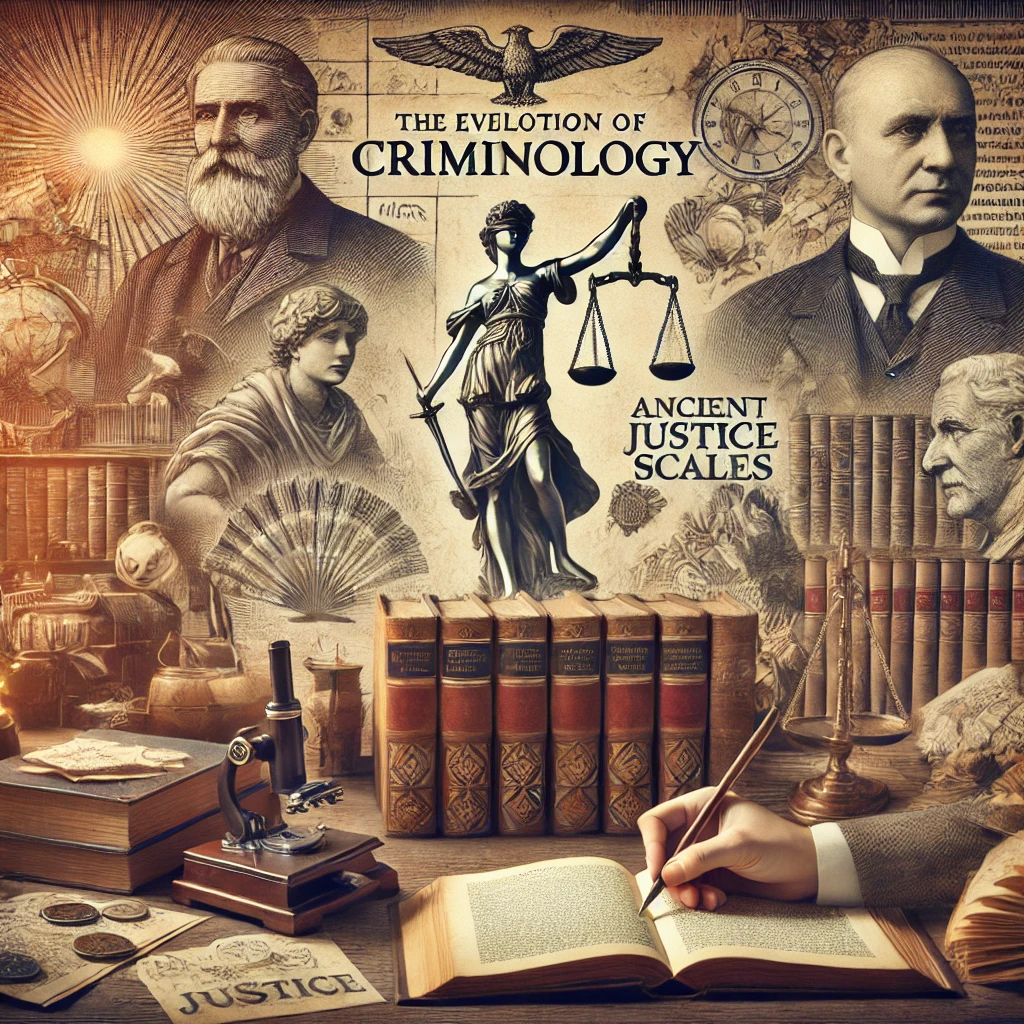
The 20th Century: Diversification of Schools and Theories
The Social School
- Emile Durkheim: He regarded crime as a social phenomenon, considering it a result of societal imbalance.
- He argued that crime reinforces social cohesion by emphasizing shared values.
The Chicago School
- Focused on the influence of urban environments on criminal behavior.
- Studies like “the transitional zone” demonstrated how socioeconomic and environmental conditions impact crime rates.
The Psychological School
- Sigmund Freud: He proposed that unconscious drives and internal conflicts could lead to criminal behavior.
- This school paved the way for deeper psychological analyses of crime.
Section Three: Criminology in the Modern Era
Contemporary Developments
With technological advances and the rise of forensic sciences, criminology has undergone significant evolution:
- DNA analysis and advanced investigative techniques.
- Development of databases for tracking crimes and offenders.
Modern Theories
- Environmental and Geographic Theories: Focus on the impact of time and place on criminal activity.
- Globalization and Crime: Study the influence of global phenomena, such as migration and organized crime, on criminology.
Prominent Contemporary Thinkers
- John Hagan: His research addressed the relationship between crime and social structure.
- Travis Hirschi: Developed the social control theory, emphasizing the role of social bonds in preventing crime.
Conclusion
Criminology reflects the intellectual and social evolution of societies. From its philosophical roots to scientific revolutions, this field remains vital in understanding crime and shaping more effective policies. Today, researchers must continue to bridge traditional theories with modern advancements to enhance our understanding of crime and address it sustainably.

